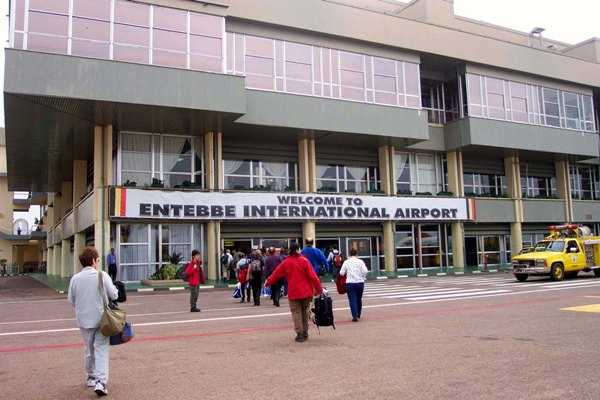Workers sorting flowers for export. FILE PHOTO | NMG
Flower farmers are being forced to throw away a quarter of their produce due to a drop in airline traffic in the wake of restrictions imposed on rival carriers to protect Kenya Airways.
Kenya Flower Council (KFC), the lobby for large-scale flower farms, says they need freight capacity of at least 5,000 tonnes a week against the 3,500 tonnes available.
The government has been reluctant to allow Ethiopian Airlines, for instance, to increase its capacity from Jomo Kenyatta International Airport (JKIA).
“On average our members are dumping flowers equivalent to 25 percent of their produce because of the limited cargo capacity,” said Clement Tulezi, chief executive of the Kenya Flower Council.
“It’s unfortunate that this is happening when we have increased orders from our major markets in Europe and elsewhere.”
Europe accounts for nearly 70 percent of Kenya’s cut flower exports and the limited cargo capacity and high freight costs are making it difficult for Kenya to serve this market, threatening thousands of jobs.
The exporters say the coronavirus pandemic led to grounding of most carriers that used to offer extra capacity on the Nairobi route while on a return trip after offloading cargo in Egypt and South Africa.
The pandemic has also seen airlines target vaccine cargo, which offers higher returns than conventional freight such as flowers.
Kenya Airways has compounded the problem by resisting a plan to increase frequency for other airlines on the Nairobi route, having successfully lobbied the government to protect its turf at the expense of flower farmers.
Kenya has said it will not approve additional freighters from Ethiopia Airlines after Addis refused to allow KQ to fly cargo directly to Europe from Bole International Airport, forcing the national carrier to route through Nairobi.
Transport Cabinet Secretary James Macharia said KQ has committed to increasing capacity and the government will approve any other carrier apart from Ethiopian Airlines to increase frequency from Nairobi to Europe.
“We met with the flower lobby and KQ and agreed that the national carrier will commit to increase capacity which they have confirmed in writing,” Mr Macharia said yesterday in a phone interview with the Business Daily.
Mr Macharia said he has also asked the exporters to recommend other carriers to boost freight capacity from Nairobi and not Ethiopia Airlines.
“The only interest they are pushing is Ethiopian Airlines which we refused because they denied KQ flying from Addis to Europe, forcing us to fly back to Nairobi,” he said.
The Cabinet Secretary said that this week he approved requests of two airlines, including British Air.
Flower exporters are concerned the inadequate airfreight capacity in the middle of high season is hurting orders.
Kenya’s floriculture industry enjoys a relatively long high-season, which runs from September through May, peaking in February as flower farmers maximise on the festive season, Valentine’s Day and Mother’s Day.
Thika-based Penta Flowers is harvesting 250,000 flower stems a day, and is able to export 137, 500 due to the cargo hitch.
“We cannot export about 45 percent of flowers. We have simply turned the more 100,000 stems into compost and this is not sustainable,” said Tom Ochieng, a director at Penta flowers. “We are hurting both ways because the shortage has led to higher freight costs.”
Freight cost has increased to $2.6 per kilo of flowers from $1.5, shrinking exporters’ margin.
The flower council said the problem of limited cargo capacity has been persistent even during the low season but was not adverse as farmers exported 3,800 tonnes a week.
Kenyan farmers were forced to throw away millions of rose stems last year as Europe sealed borders and residents put weddings and funerals on hold to curb the spread of Covid-19.
But demand has returned as restrictions ease, and growers were hoping the business will recover fully this year.
-Business Daily





